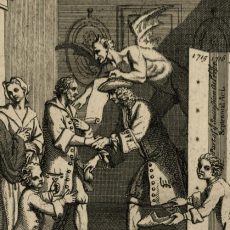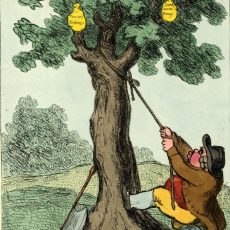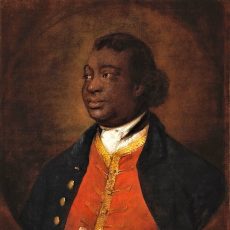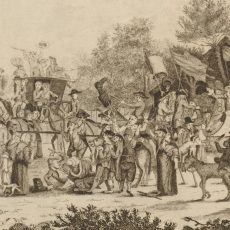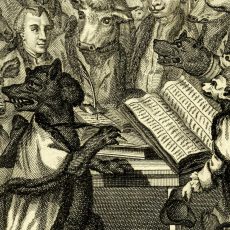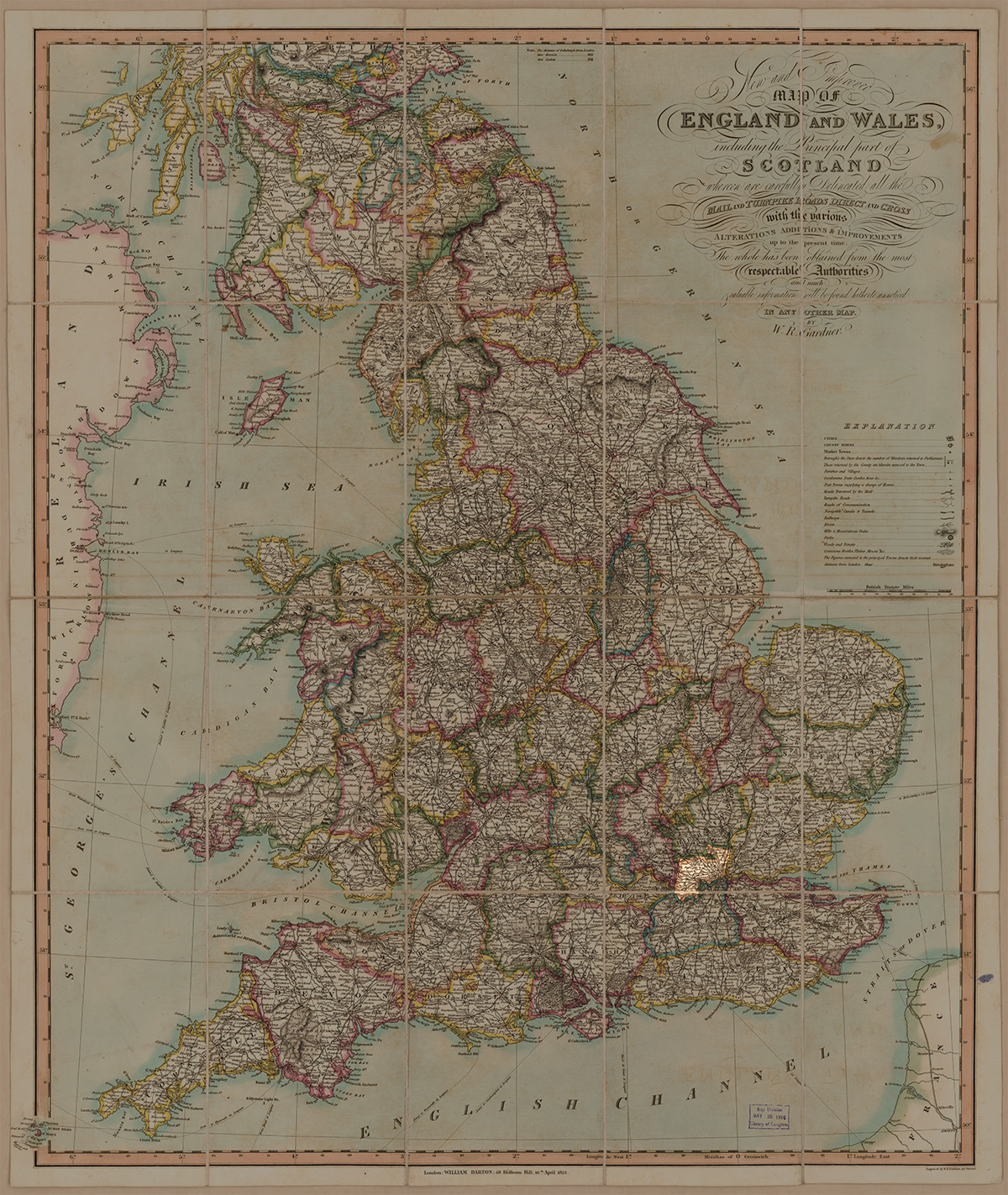
The wealth and popularity of Middlesex may have been inextricably linked to its proximity to the ever-expanding London, but for much of the eighteenth century the county’s politics remained largely independent from the capital. The county was bordered by the Rivers Thames, Lea, and Colne. The county included increasingly urbanised parishes such as Chiswick, Ealing, Edmonton, Tottenham, Enfield, Harrow, Twickenham, Staines, and Uxbridge. County elections took place in Brentford, where many voters travelled to hear speeches on the hustings and cast their votes. Though largely rural, these parishes contained 61 per cent of the county’s population (largely dominated by trade and manufacturing), making their interests substantial and distinct from those in London.
Many members of the nobility owned country properties and villas to the West of the capital, including Chiswick, Strawberry Hill, Marble Hill, and Ham House. The duke of Chandos and duke of Portland (who also served as the Lord Lieutenant of Middlesex) maintained a significant interest in the county’s politics. The duke of Portland put forward George Byng, who retained his seat in Parliament for life. In 1768, Middlesex’s elections shifted towards radicalism with the election of John Wilkes, an author and publisher who had been arrested for libellous tracts against the monarchy and government. However, his popularity in the county ensured his consistent re-election.
Following the 1832 Reform Act and Boundary Act, Brentford remained the election venue, but Bedfont, Edgware, Enfield, Hammersmith, King’s Cross, Mile End and Uxbridge became polling places for the county.





